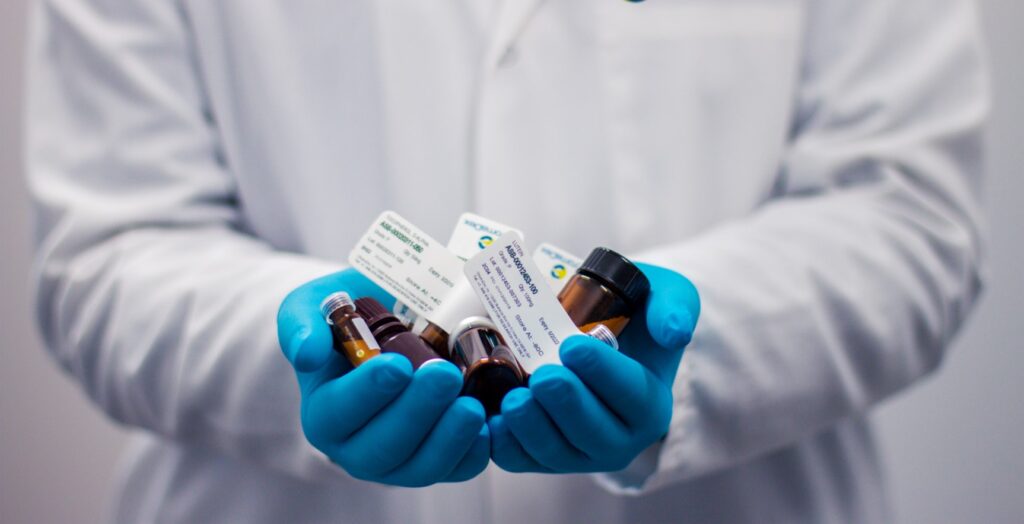Kirsch’s analysis of the effectiveness of antidepressants was an outgrowth of his interest in the placebo effect. His first meta-analysis was aimed at assessing the size of the placebo effect in the treatment of depression. The results not only showed a sizeable placebo effect, but also indicated that the drug effect was surprisingly small. This led Kirsch to shift his interest to evaluating the antidepressant drug effect.
Kirsch challenges the chemical-imbalance theory of depression, writing “It now seems beyond question that the traditional account of depression as a chemical imbalance in the brain is simply wrong.“

…There is little evidence to support the prescription of anti-depressant medication to any but the most severely depressed patients, unless alternative treatment with fewer side effects have failed.”
~ Irving Kirsch, PhD
FDA trials PLos medicine
Irving Kirsch, PhD is Associate Director of the Program in Placebo Studies and a lecturer in medicine at the Harvard Medical School and Beth Israel Deaconess Medical Center. He is also a professor of psychology at Plymouth University in the United Kingdom, and professor emeritus of psychology at the University of Hull, United Kingdom, and the University of Connecticut in the United States.
 Kirsch is noted for his research on placebo effects, antidepressants, expectancy, and hypnosis. He is the originator of response expectancy theory, and his analyses of clinical trials of antidepressants have influenced official treatment guidelines in the United Kingdom.
Kirsch is noted for his research on placebo effects, antidepressants, expectancy, and hypnosis. He is the originator of response expectancy theory, and his analyses of clinical trials of antidepressants have influenced official treatment guidelines in the United Kingdom.
~ From Wikipedia
Back to Articles of Interest
